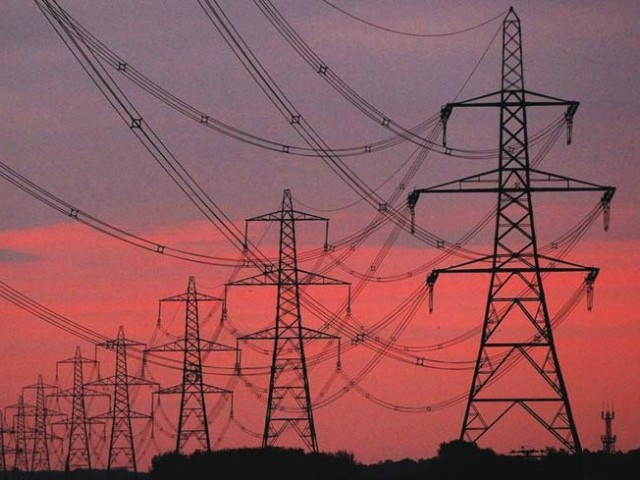Government to purchase power from sugar mills at high tariff
Sugar mill owners to earn Rs48 billion over 10 years as regulator dismisses CPPA’s petition

Nepra’s decision came in response to a review petition filed by the Central Power Purchasing Agency (CPPA)
PHOTO: EXPRESS
After Nepra’s decision, 12 influential sugar mill owners will receive additional earnings of Rs48 billion through the production and sale of bagasse-based electricity over the next 10 years.
Nepra set an old tariff for the bagasse-based power plants with 390-megawatt generation capacity at Rs12.09 per unit despite determining a new tariff. The new tariff has been set at Rs8.86 per unit, which does not apply in this case.
Nepra’s decision came in response to a review petition filed by the Central Power Purchasing Agency (CPPA), on behalf of the federal government, that challenged the higher old tariff and requested the application of fresh tariff in order to provide relief for the consumers.
However, Nepra dismissed the review petition on Wednesday, saying the motion was devoid of merit.
In its petition, the CPPA had pointed out that prior to the expiry of the upfront tariff of 2013, Nepra had initiated the process of determining the upfront tariff for 2017, which was set at a lower level than that for 2013.
The CPPA pleaded that the permission for collecting the higher tariff should be set aside. It pointed out that the current portfolio of CPPA-Guarantee commitments under the prevailing Power Policy Generation 2015 covered re-gasified LNG power plants, imported coal-based power plants and local mine-mouth coal power plants.
Hence, purchase from bagasse co-generation power projects on priority would lead to displacement of supplies from the cheap and efficient conventional sources of energy generation, which would impact the basket prices.
Nepra set the old tariff, though the millers had agreed with the then ministry of water and power on the new tariff of Rs8.86 per unit. After that, the ministry issued them a power acquisition request.
Earlier, the CPPA-G refused to give its consent for power production by the 12 bagasse-based plants because of surplus generation capacity in the country following the start of new power plants. The issue was raised by the Sindh chief minister in a meeting of the National Economic Council.
The prime minister directed on May 20, 2017 to hold dialogue with the provincial government on the transmission and distribution issues being faced by it.
Thereafter, a meeting was held at the Ministry of Planning and Development on May 24, which was attended by the Sindh chief minister, Punjab minister of mines and minerals, energy secretaries of Sindh and Punjab, minister of water and power and minister of state for water and power.
It was suggested in the huddle that based on supply and demand numbers, energy purchase from the bagasse-based plants could depend on “must run” during the cane crushing season and “take or pay” or “take and pay” for the remaining period. The Sindh government agreed to the proposal.
Consequently, the power acquisition request was issued to the power plants.
The millers then approached Nepra and accepted the tariff based on the power acquisition request because they wanted a higher tariff. The regulator, while accepting the petition of the millers, rejected the power acquisition request of the CPPA-G and declared the plants as must run. Then the CPPA-G approached the regulator for a review of the decision.
Published in The Express Tribune, April 19th, 2018.
Like Business on Facebook, follow @TribuneBiz on Twitter to stay informed and join in the conversation.



















COMMENTS
Comments are moderated and generally will be posted if they are on-topic and not abusive.
For more information, please see our Comments FAQ